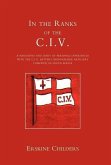The Boer War with the Horse Gunners Erskine Childers, the famed author of the classic novel of sailing and spying 'The Riddle of the Sands' served with London's finest-The City Imperial Volunteers within its artillery arm-associated with the Honourable Artillery Company. Childers-together with his enthusiastic colleagues from the professions of the city were keen to fight the Boers of South Africa and he has written an engaging and detailed account of his time with the regiment during the war. It is written in an easy informal style-of the kind that has ensured that his better known writing has endured for over a century-as he takes the reader through training to experiences on the battlefield itself.

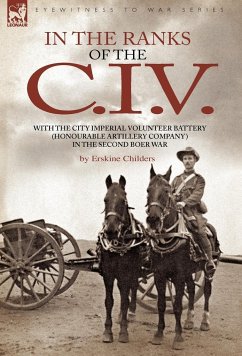
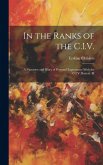
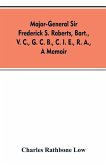

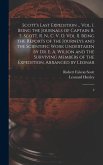
![History Of The Island Of Lanka From The Earliest Period. Chapter I. [in Sinhalese] With A Tr. By C. Alwis History Of The Island Of Lanka From The Earliest Period. Chapter I. [in Sinhalese] With A Tr. By C. Alwis](https://bilder.buecher.de/produkte/68/68655/68655868m.jpg)

